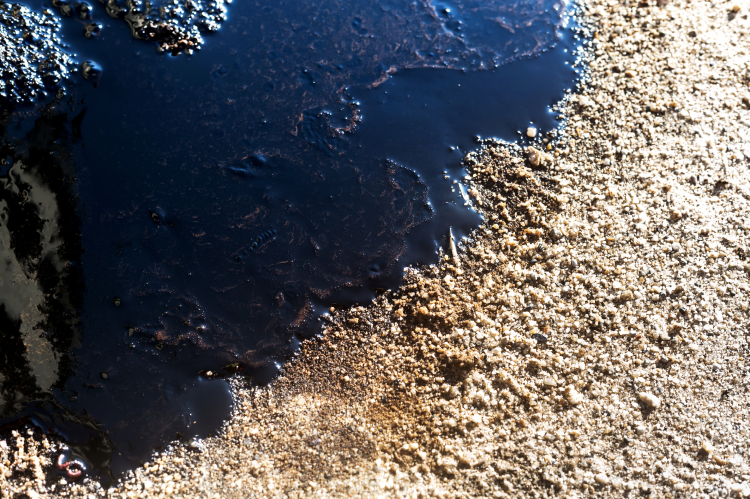New Oil Spill from Shell Pipeline Triggers Major Environmental Crisis in Niger Delta

Nigeria's Niger Delta region, already plagued by long-standing environmental pollution caused by the oil industry, is facing further devastation as a new oil spill at a Shell facility contaminates farmland and a river.
According to the reports, the spill originated from the Trans-Niger Pipeline operated by Shell, which passes through communities in the Eleme area of Ogoniland. Described by activists as a "major one," the spill has polluted water surfaces, damaged farmland, and resulted in the death of fish.
While the precise volume of the oil spill is yet to be determined, the incident is deemed one of the worst in the last 16 years in Ogoniland. The spill began on June 11 and lasted for over a week, affecting multiple communities and displacing more than 300 fishermen, with the oil sheens resulting from the spill spreading for about 10 kilometers to creeks near Port Harcourt, Nigeria's oil business capital.
Shell ceased production in Ogoniland over 20 years ago due to violent protests against environmental damage, but the Trans-Niger Pipeline still transports crude oil from other regions through these communities to export terminals.
While the leak has been contained, the response to the fallout, including the cleanup of affected farms and the Okulu River, has been delayed due to mistrust and past grievances. The Niger Delta region, home to minority ethnic groups, has accused the Nigerian government of marginalization, with residents angry about the destruction of their livelihoods, which they attribute to the outdated equipment of Shell.
Shell has initiated a joint investigation involving regulators, Ogoniland residents, and local authorities to identify the cause and impact of the spill.
Meanwhile, a response team has been mobilized to take necessary actions for the safety of the environment, people, and equipment. However, the cause of the spill, whether sabotage or equipment failure, has not been revealed yet.
The Niger Delta, which heavily relies on oil resources, has suffered severe pollution that has denied residents access to clean water, harmed farming and fishing activities, and increased the risk of violence, with a 2011 report by the U.N. Environment Program criticized Shell and the Nigerian government for 50 years of pollution, recommending a comprehensive billion-dollar cleanup.
However, community protests and lawsuits by local activists have hindered the cleanup efforts, according to the government's claims. Local environmental activists, however, argue that the promised cleanup is a cover-up with no tangible impact.
